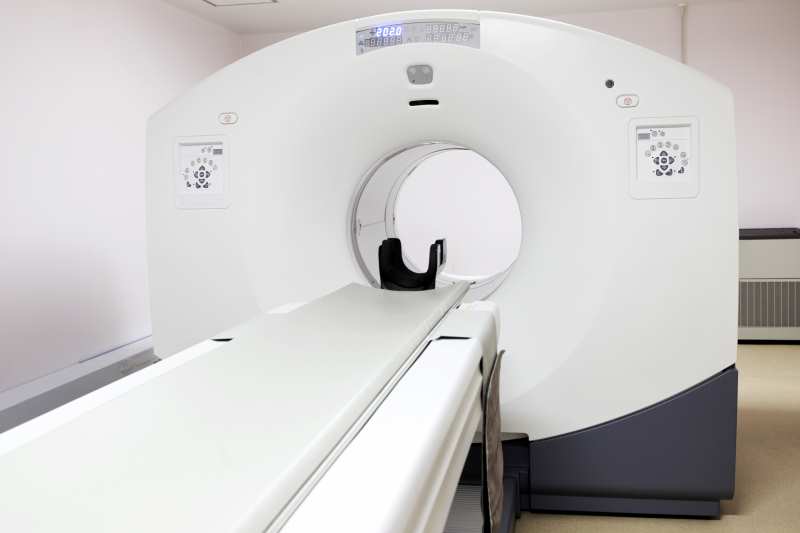
ASTRO 2024
Advertisement
Roughly half of cancer survivors surveyed reported having access to paid medical leave.
Twenty percent of Black participants felt there was “nothing for them to gain by participating in research."
These findings highlight the importance of racial diversity in genomic profiling and clinical trials.
Men aged 60-69 years had a decreased risk of death with the addition of androgen deprivation therapy.
The adoption of polyethylene glycol hydrogel spacer use in prostate cancer care has been slower in Black patients.
Guideline-concordant androgen deprivation therapy is associated with a survival benefit in high-risk prostate cancer.
Patients who underwent radical prostatectomy also had a higher likelihood of decision regret.
People of color had an average delay of 6 months from symptom onset to diagnosis of young-onset colorectal cancer.
Both Fluciclovine and PSMA PET/CT guided radiation therapy would significantly change pre-PET radiation therapy volumes.
P-CARE integrates genetics, family history, and ancestry to offer a more objective risk assessment.
After 10 years, 3.3% of patients who were recurrence-free developed distant metastasis.
High-risk genomic classifiers were associated with a 10-fold higher risk of prostate cancer.
The use of gender-affirming hormone therapy was associated with lower PSA levels compared with cisgender men.
MRI guidance helps to reduce the amount of healthy tissue targeted during radiation therapy for prostate cancer.
Advanced radiotherapy using fewer, stronger doses delivered similar quality-of-life outcomes and side effects.















 © 2025 Mashup Media, LLC, a Formedics Property. All Rights Reserved.
© 2025 Mashup Media, LLC, a Formedics Property. All Rights Reserved.